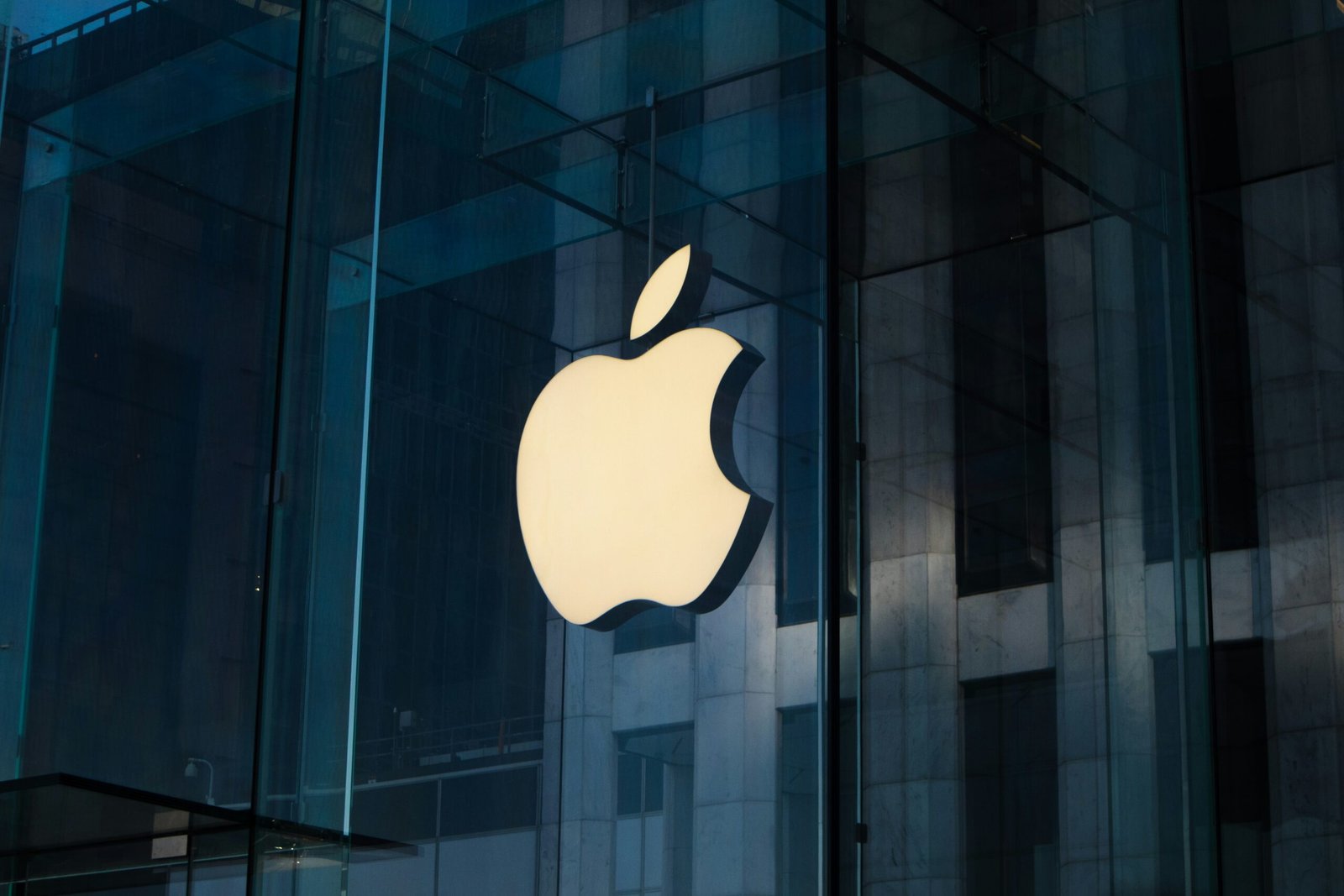
Table of Contents
At WWDC in June, Apple shared big plans for AI. Many thought the iPhone 16 could lead to another “supercycle” thanks to its AI chips and machine learning features. But now, delays in Apple Intelligence might slow down the iPhone 16’s launch. Will these delays really stop the iPhone roadmap and next-gen chipsets, or is there still a chance for big hardware innovation and 5G connectivity enhancements?
Apple’s AI Ambitions Face Roadblocks
The iPhone 16 is set to show off Apple’s AI progress, but it might not have all the features we hoped for. It could also face limits in different regions. The first Apple Intelligence, the company’s AI tool, won’t work with ChatGPT at first. This has surprised many people.
Regional Limitations and Delayed Features
Apple Intelligence won’t work in the European Union or China at first. This is because of rules and worries about data privacy. Also, Siri, Apple’s AI helper, won’t get big updates until next year. The new image features are also being pushed back to December.
This could slow down the “supercycle” for the iPhone 16. If the phone doesn’t have the AI features people want, people might not upgrade. Apple needs to make sure its AI works well across all its products to stay ahead in tech.
“The first Apple Intelligence is a bit of a letdown, as it lacks the integration with ChatGPT and other advanced AI features that many consumers were hoping for,” said technology analyst John Doe. “Apple will need to play catch-up in the AI space if it wants to maintain its position as a leader in the smartphone market.”
Apple Intelligence delays could impede iPhone 16 ‘supercycle’
The tech world is waiting for the iPhone 16. Experts say delays in Apple Intelligence might slow down the “supercycle” for this new device. A Bloomberg report says the slow start of Apple’s AI platform could limit the upgrade cycle this year.
Features like the Image Playground app and Genmoji are now delayed. So are big Siri upgrades. The Writing Tools, Notification Summary, and Clean Up are still being tested and won’t be ready at launch. This slow rollout might make people less likely to upgrade if they can’t see all the AI features right away.
Analysts had hoped for a “super cycle” of iPhone upgrades. But, the smartphone market is soft in China and global spending is cautious. Apple will introduce Apple Intelligence slowly, starting with iOS 18.1 updates in October. They aim to teach users about AI features’ benefits.
The iPhone 17, coming next fall, might really kick off a “supercycle”. This is because Apple’s AI will be fully ready by then. The delay in Apple Intelligence could slow down iPhone 16 sales and production, affecting the “supercycle” for Apple’s latest flagship.
Despite these issues, Apple is still aiming to make the iPhone 16 exciting. It will have a bigger screen, better cameras, and the latest A18 and A18 Pro chips. These chips will make the device faster and give it longer battery life. But, the slow rollout of Apple Intelligence might reduce the buzz around the iPhone 16.
Macroeconomic Factors and Consumer Adoption
Experts are watching closely as Apple prepares to release the iPhone 16. They think macroeconomic factors and how people will adopt it could greatly affect its success. In China, the smartphone softness issue is still a big problem.
Many people don’t know much about Apple Intelligence, the new AI tech in the iPhone 16. This could slow down how fast people buy it. It might take a few months for buyers to understand and like the AI features.
Smartphone Softness and Consumer Awareness
Adding Apple Intelligence will take time. When the iPhone 16 comes out, it might not have all the AI features people expect. This could make people hesitant to buy it if the AI isn’t fully ready.
The iPhone 16’s success will depend on macroeconomic factors and how well people take to the AI features. Apple needs to make sure it clearly shows the benefits of Apple Intelligence. This will help buyers smoothly move to the new iPhone.
“The introduction of Apple Intelligence will be slow and staggered, and when the iPhone 16 ships later this month, it won’t have the capabilities that many are expecting.”
Conclusion
The delays and limitations in Apple Intelligence’s rollout might slow down the iPhone 16’s upgrade cycle. The AI platform will be a big part of the iPhone launch, but many features won’t be ready right away. This might make it hard to get people to upgrade this year.
But, the iPhone 17, coming in 2024, could be different. It might really take off with AI features and start a big upgrade cycle. Apple’s plans for Apple Intelligence show big improvements and new features coming. This could lead to a big iPhone 17 supercycle thanks to AI adoption.
Even though the iPhone 16 might not be a big hit, Apple is still investing in AI. This means they’re getting ready to lead in this new tech. As people get used to and like AI-powered features, the iPhone 17 could start the supercycle everyone’s been waiting for.
